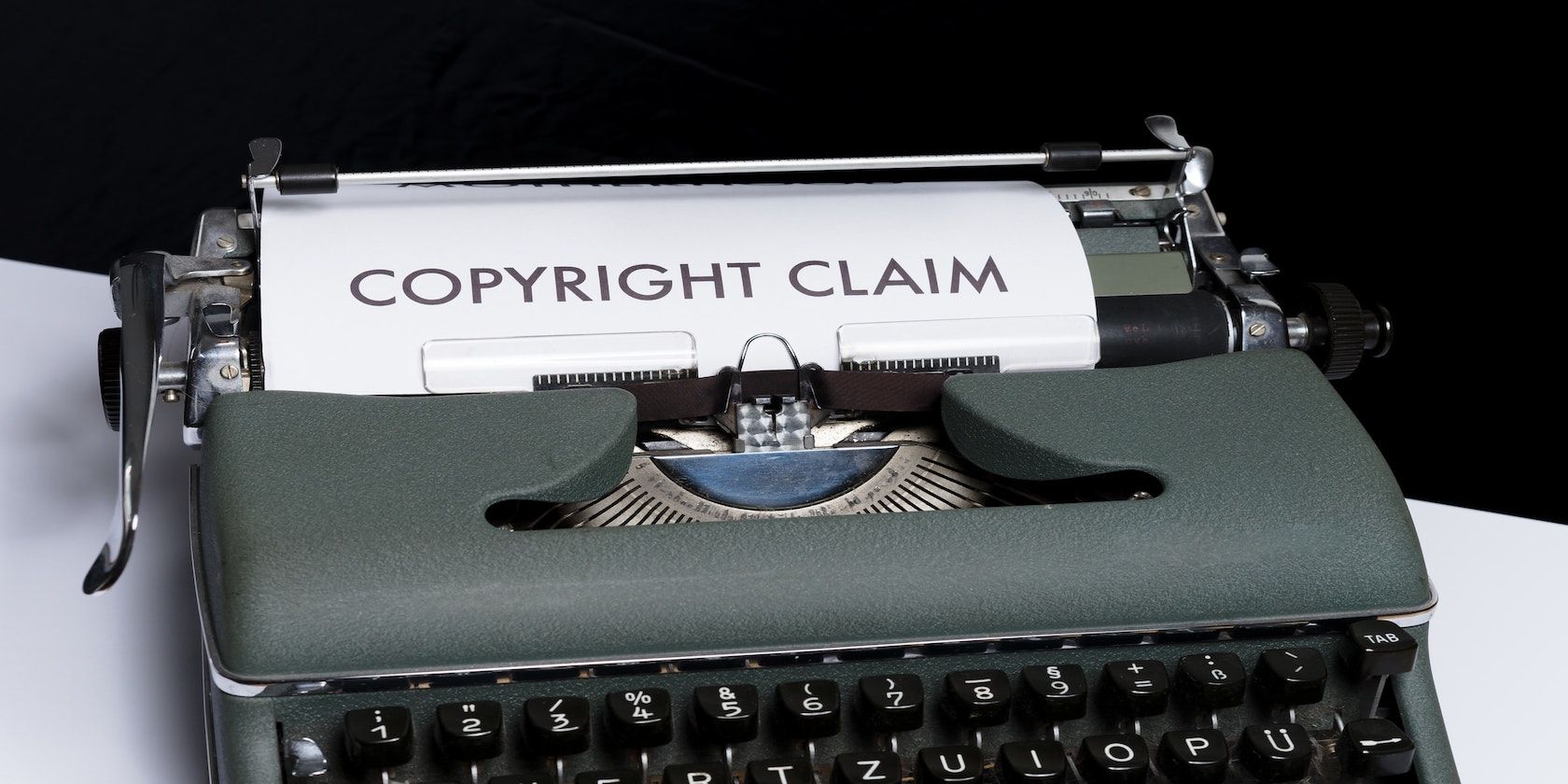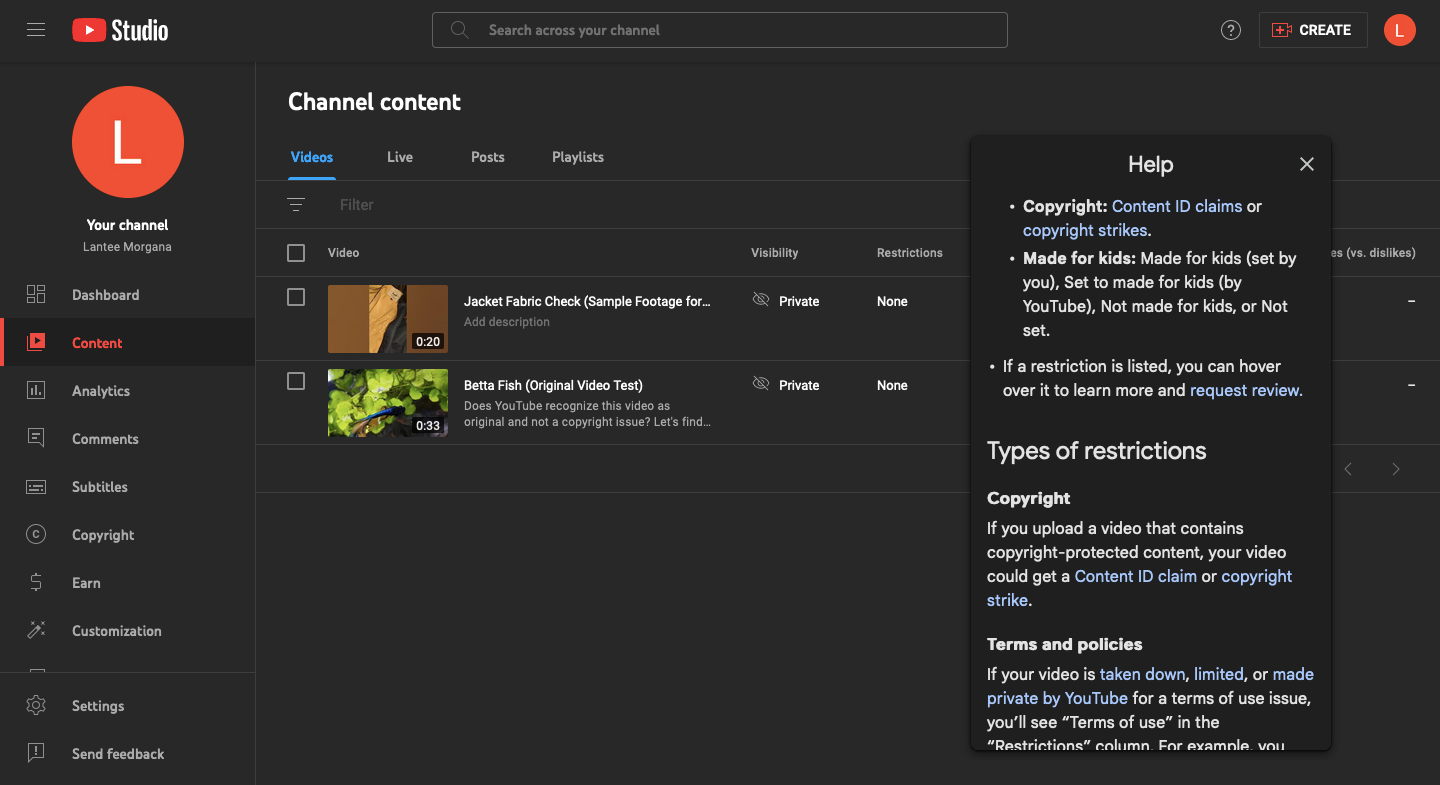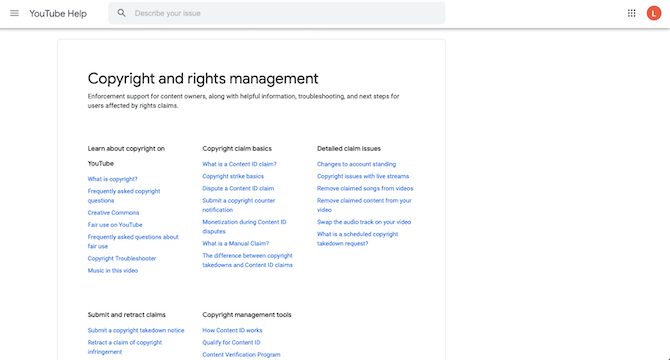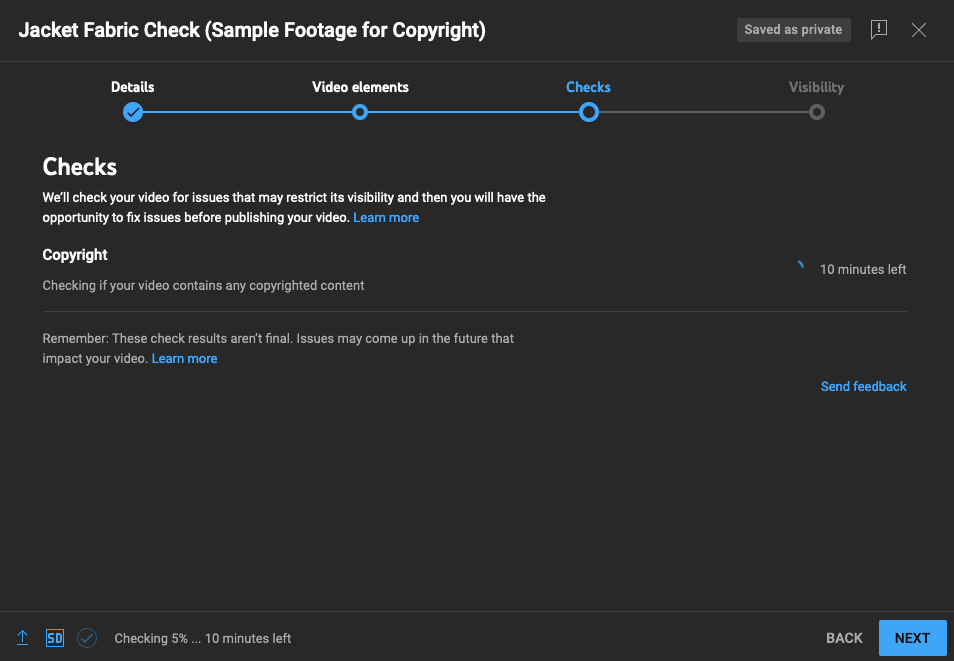For those working with video, copyright concerns almost inevitably creep up. With so many ways to share content, identity, and ownership, protections are necessary.
In these situations, you need to know how to check if a video is copyrighted. Otherwise, you can end up unprepared to use and protect your content. But with the right knowledge and resources, you'll know how to avoid copyright issues.
How Do You Know if a Video Is Copyrighted?
Before discussing any specifics, it's important to know when copyright begins. When anyone creates an original video, copyright protection covers it. It doesn't matter who uploads the video first, as it belongs to the creator.
However, cases still exist where you need to check the video for copyright. For instance, if you paid for a video, you should double-check. You might also include footage thinking it falls under fair use. But this could be a gray area that should be scrutinized further and avoid misinformation.
To combat this, YouTube continues to educate and help protect copyright holders. Otherwise, it's hard to stay informed on YouTube's copyright rules and what you need to know as a creator.
YouTube Studio Is Your Copyright Starting Point
It's easiest to both learn and experience YouTube's copyright process first-hand. Best of all, you can gain some familiarity with YouTube Studio at the same time.
To navigate to YouTube Studio, follow the steps below:
- Go to the YouTube home page.
- In the upper-right corner, click on your YouTube icon.
- Select YouTube Studio (hexagon icon with a play button inside) from the menu.
Navigate YouTube Studio and learn more about the process with these four points:
1. Copyright Alerts Across YouTube Studio
Once you've logged into YouTube Studio, there are two main avenues to access any known copyright issues:
- By filtering your video library for Copyright claims.
- Look at the Copyright column.
The first thing you'll notice is that these methods aren't active screeners. Instead, they just take you to identified copyright issues to explain and start you toward a resolution.
For someone with no issues, you can click the Copyright column. From here, you'll be able to submit a copyright take down request on behalf of yourself or your company, organization, or client. Also, YouTube can filter your video library automatically for copyright claims when you click on Check the video list from this page.
2. How to Know If a YouTube Video Is Copyrighted With YouTube Help
While it would be ideal to have an automated copyright checker for all videos, this isn't feasible. Entities such as YouTube aren't able to oversee all content creation. In the end, YouTube just enforces the law.
As such, content ID claims and copyright strikes have to occur via proper screening and legal channels.
So, the truest way to screen a video for copyright before uploading is to do your research. It's not the most exciting method, but having a basic understanding of the legal portion of copyright is important. Once you do, you can tell if there'll be any issues with copyrighted videos.
In addition to addressing common copyright questions, YouTube's copyright and rights management helps you learn more about:
- Creative Commons
- Fair use
- Content ID
- Copyright strikes
- How to submit copyright claims
3. Testing the Copyright Systems in Place
While you can research alone, there's always the option to take a more direct approach to determine copyright.
For those wanting to test YouTube's restrictions, avoid using your main YouTube account. A temporary or alternate YouTube account works much better for this purpose. That way you can safely test the features in a controlled setting where it doesn't do any direct damage to others.
This method focuses on checking against Content ID matching. With Content ID matching, YouTube can automatically create a claim against anyone using another's content as long as it matches the reference on file.
For instance, if you were to upload a video using copyrighted music, YouTube would flag your video with a Content ID claim. To resolve this, you could remove the music, swap it out, or possibly share revenue. Similarly, if this occurred with a video segment, you could cut out the claimed contents.
Automated content ID claims don't mean you're in trouble; it's a safety net for copyright holders. Once you know, it's all about using content where copyright isn't a concern. But if you do run into issues later, you need to know how to deal with a copyright strike on YouTube.
4. Copyright Match Tool
For those in the YouTube Partner Program, YouTube Studio features an exclusive Copyright section. After you upload a video, the Copyright Match Tool allows creators to check for videos that either fully or closely match their content. After looking at the results and the supplied information, they can then contact the other uploader or ask YouTube to remove the video.
While this is the truest online copyright checker for YouTube, it's not an automated process. It requires informed knowledge of fair use, fair dealing, and other details from the copyright and rights management area.
It's also not completely flawless, since it functions around finding matches that either uses the full video or nearly full video. So, a lower usage rate can leave certain videos undetected.
To determine what copyright tools might suit you best, you can also fill out a form for other copyright management options.
What to Do About Copyright Permissions on YouTube
As you may have figured by now, a large portion of copyright checking rests on you. While there are resources online discussing the basics, exceptions exist and copyright law can change between different countries as well. So, whenever working with video, you can't beat using your own content.
If you choose to go ahead and ask for permission, it's important that you understand the legal needs and consequences. Depending on your video's purpose, you can try alternative routes. You can explore what is creative commons and non-commercial use, for instance.
Beyond Checking Video Copyright
Learning copyright keeps your intellectual property protected. It requires more upfront effort, but it's increasingly important to be vigilant in the digital age. Otherwise, you may never know who is using your content; YouTube's copyright checker isn't full-proof.
However, copyright terminology isn't all content creators should know. With the evolution of content distribution, you should also know key concepts, such as copyleft vs. copyright.




